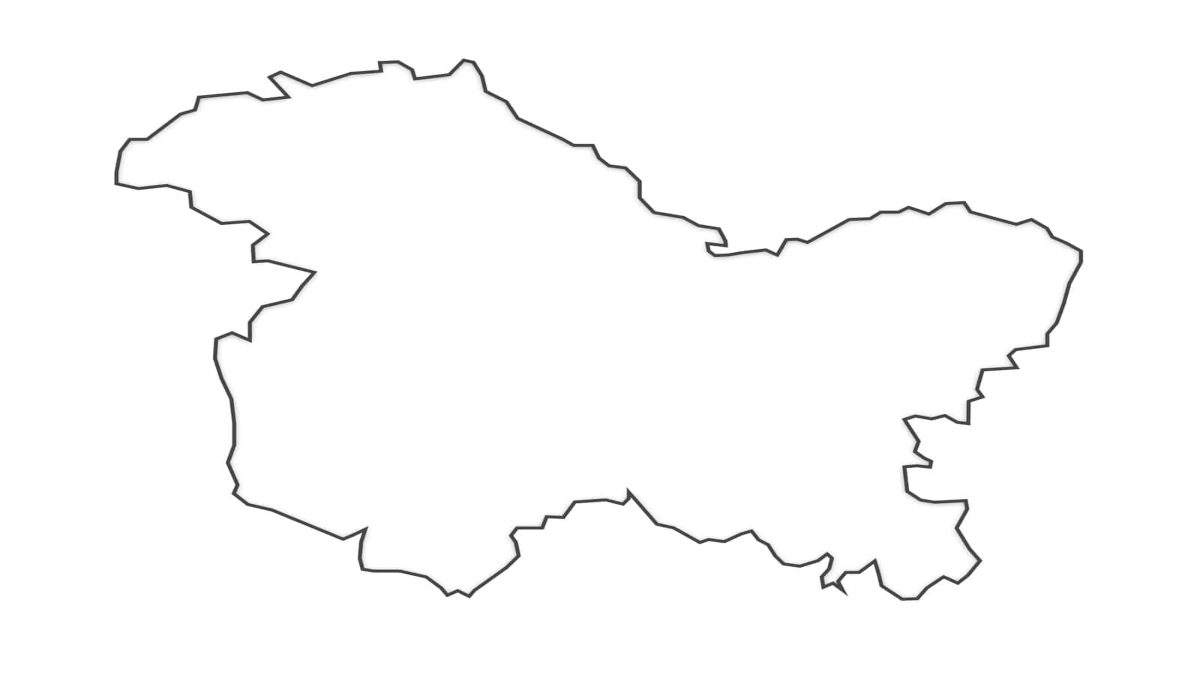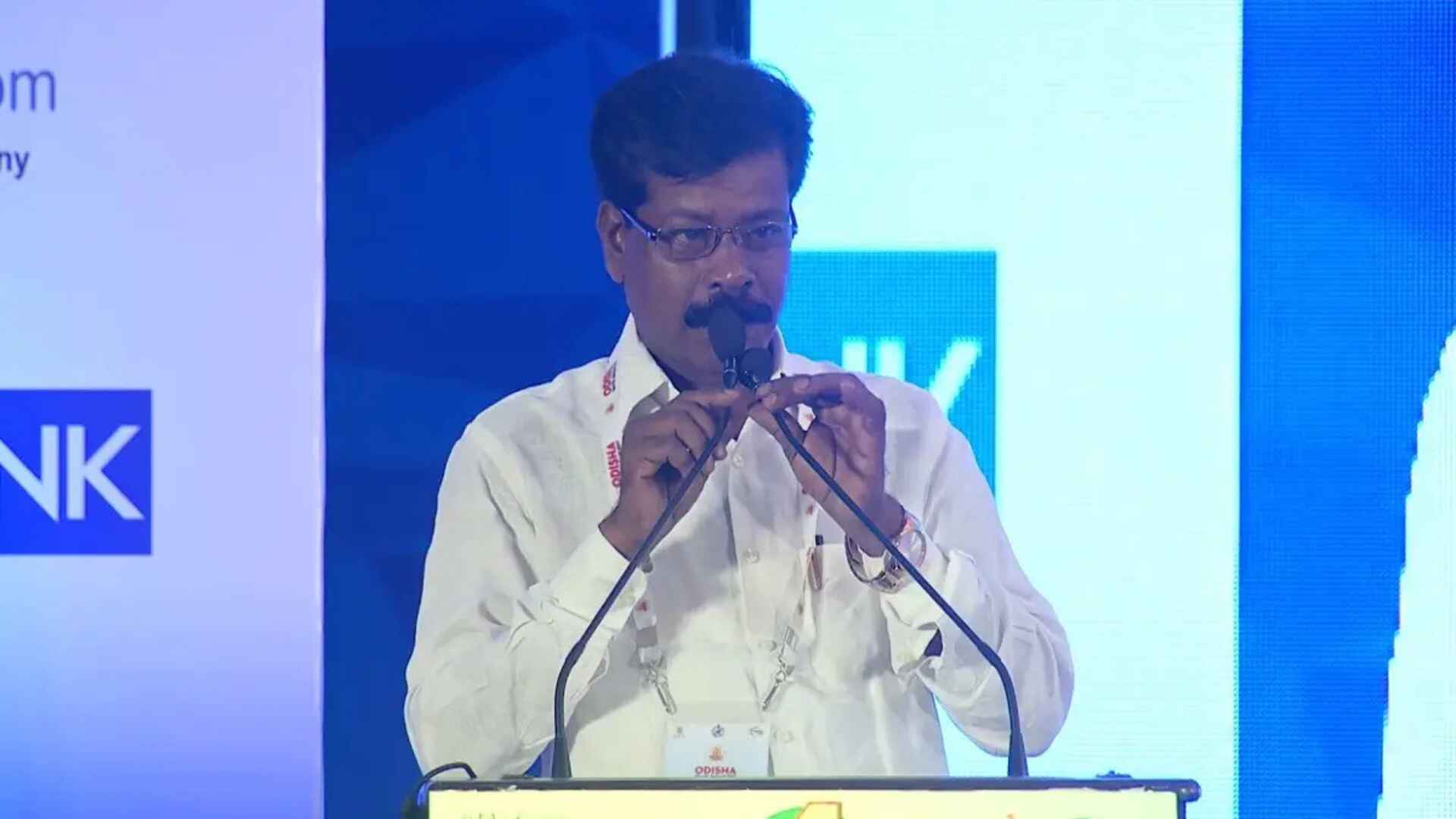It would be an end of a practice which is almost 150-year-old in Jammu and Kashmir: There would be no Darbar move now onwards, according to the directions of LG Manoj Sinha.
Recently the &K administration was able to digitise all the records and the government switched over to e-administration, thus bringing the curtains down on a tradition of shifting capitals between Srinagar and Jammu during the summer and winter seasons. Hundreds of crores was the expenditure on this Darbar move annually and according to the officials, it used to cost Rs 200 crore for physically sending the files in trucks and also to accommodate about ten thousand government employees during the move in Srinagar and Jammu. The announcement came from the LG when he said that the J&K administration has transitioned to e-office, thereby ending the practice of the bi-annual ‘Darbar move’.
In order to formally say goodbye to this old practice, the government has accorded the sanction to the cancellation of allotment of residential accommodation of officers and officials in Srinagar and Jammu. Employees from Jammu had been allotted residential accommodation in Srinagar and those from Srinagar in Jammu in the past.
The J&K government has said that they will use this amount of Rs 200 crore on the welfare of weaker sections of society. The first attempt to cancel the Darbar move was made by then CM Farooq Abdullah in early 1980s but month’s long agitation in Jammu forced him to reverse the decision. People of Jammu used to wait for the Darbar move to happen during the winter months as it used to generate a lot of revenue for them, especially traders and hoteliers.












